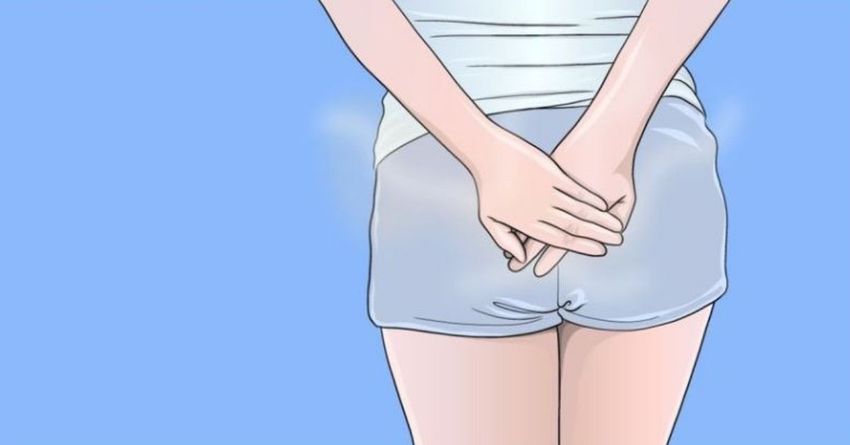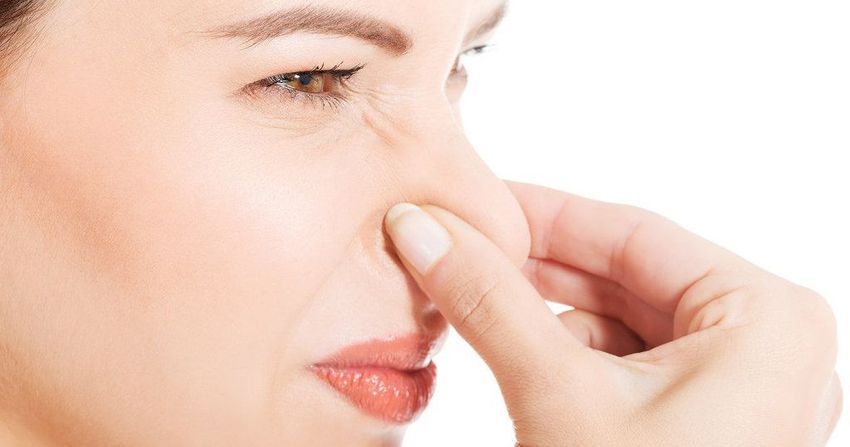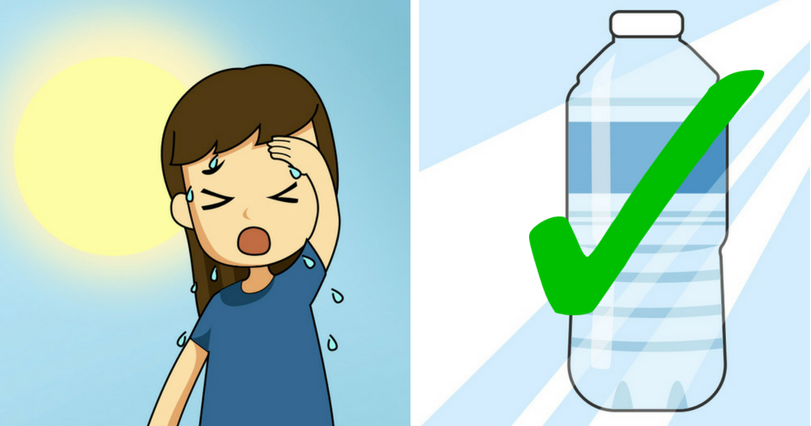Farting in front of others can be embarrassing, but for some people, there's something even more mortifying - passing gas in front of their significant other.
For certain people, letting it rip in front of a partner is so frowned upon that it could even lead to a break up.
But instead of looking at it as a gross habit, maybe people would be more accepting of their partner's farts if they knew that it could benefit them in a big way.

According to recent research, if your partner is someone who lets out a lot of gas, you should probably thank them because they're doing your health a favor.
Scientists found that hydrogen sulfide, the stinky gas that emits from your behind, may be the key to extending your life span.
Yes, seriously, a study was published in the journal of Medicinal Chemistry Communications by a team of researchers at the University of Exeter, England, proving the theory.
According to their findings, hydrogen sulfide can help your cells live by preventing mitochondrial damage, which causes a number of health complications, especially those that are characterized by inflammation.
"Although hydrogen sulfide is well known as a pungent, foul-smelling gas in rotten eggs and flatulence, it is naturally produced in the body and could in fact be a healthcare hero," explained researcher Dr Mark Wood.
He added, "When cells become stressed by disease, they draw in enzymes to generate minute quantities of hydrogen sulfide (aka ass gas). This keeps the mitochondria ticking over and allows cells to live. If this doesn't happen, the cells die and lose the ability to regulate survival and control inflammation."

They've already had success in creating a compound that "slowly delivers very small amounts of this gas [hydrogen sulfide] specifically to the mitochondria," and the "results indicate that if stressed cells are treated with AP39, mitochondria are protected and cells stay alive."
As a result of their surprising discovery, Wood and his team are now conducting more research into ways in which the nasty gas can be used to ward off diseases like cancer, dementia, and arthritis in the future.


